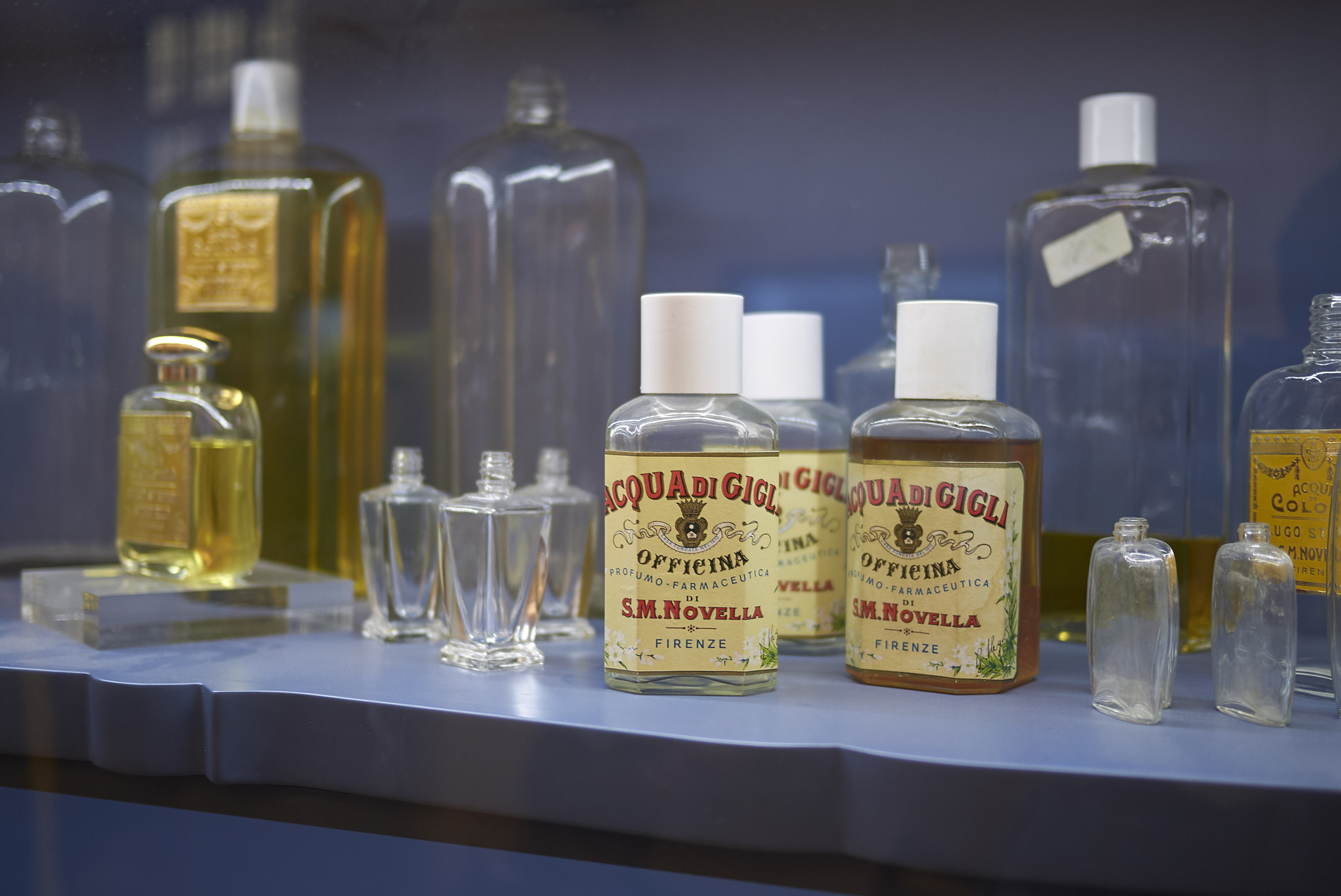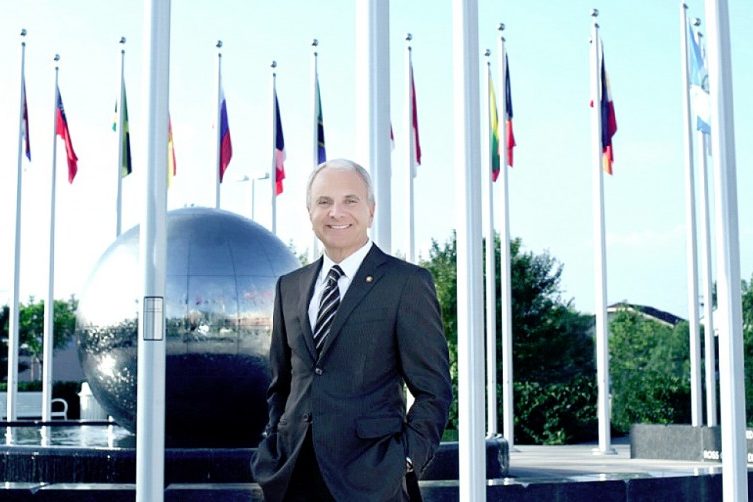The 10th edition of the annual Hollyshorts Film Festival returned to the Chinese Theater, featuring a selection of Italian short movies, including Sexy Shopping by Antonio Benedetto and Adam Selo, Voce Umana by Edoardo Ponti, The Escape by Ivano Di Natale and Alessandro De Vivo, Un uccello molto serio by Lorenza Indovina, and The Age of Insecurity: A Day at the Clinic by Adriano Valentini.
A few days before the U.S. premiere of Sexy Shopping, young Italian directors Antonio Benedetto and Adam Selo told us more about their work and the genesis of the acclaimed short film.
How did your passion for cinema – and short movies in particular – come about?
Antonio: When I was a kid, my grandfather and I used to go to the movies on Sundays. Those amazing stories triggered my imagination. But the passion for short movies came later, thanks to modern technologies, when I realized that I could turn my ideas in low budget short films and have fun.
Adam: At a young age I loved great Italian movies and actors of the 1980s, such as Massimo Troisi, Carlo Verdone, Roberto Benigni, as well as great Hollywood directors like Steven Spielberg, Joe Dante and George Lucas. Growing up, I studied cinema at the University of Bologna and started to shoot independent short movies in collaboration with more experienced directors. At that time, short films allowed me to fulfill my filmmaking desire in the quickest and most effective way, but soon they revealed their value as a freestanding and complete form of art despite their brevity.
Do you believe short films can be more effective to convey a message?
Antonio: In my opinion, short movies represent a more direct and immediate way of communication, and sometimes even more effective. Surely it challenges the director to reach out to the audience and win them over in such a limited time. I also have to admit that the financial aspect has contributed to my interest in this type of movies.
Adam: Focusing on short movies allows me to work with independent cinema, regardless of the commercial standards that define a film’s duration. On the contrary, my stories develop according to their own narrative structure and timing.
What is the message of this short movie and why did you choose this particular topic?
Antonio: Starting from the last question, the story is based on real life. I bumped into Miah, the protagonist, very often in the streets or at the bar at night: while I was drinking beer, he was making a living. He inspired the first script of the film, then my friend Adam Selo and I wrote the screenplay together. Adam is one of the founding partners of an independent production company named Elefant Film, which is always interested in social topics and agreed to produce our short film.
We don’t want to send out a didactic message but only to show a peculiar life experience that we can see everyday without noticing or understanding it. Cinema helps to observe, to meditate, and to narrate this kind of stories. We tried to use a language that combines documentary, fiction, and comedy genres: the irony of the script and the protagonist’s talent lightens the mood and reaches out to the public. Last but not least, Adam’s idea to let the actor wear a hidden camera improved the final product.
Adam: We wanted to narrate a contemporary Italian story in an innovative and different way, showing our Country’s problems and faults through the vicissitudes of somebody who’s not Italian but lives in that cultural, geographical, and political environment. Furthermore, this topic enabled us to experiment at a technical and narrative level by using an hybrid language and including elements of real life through the hidden camera.
Are you proud of the way it has been welcomed both in Italy and abroad?
Antonio: We feel not only honored and proud of the appreciation received both in Italy and abroad in Hollywood and New Caledonia, but also satisfied as we succeeded in making Miah’s story known around the world.
Adam: Being selected in national and international film festivals makes us really proud as it means that with Sexy Shopping we were able to narrate a powerful story with an innovative language that both the audience and the critics liked. We hit our target.
What do you expect from your participation in the 2014 Hollyshorts Film Festival?
Antonio: Participating in the 2014 Hollyshorts Film Festival is a great honor and we hope to create new connections overseas and to learn from other professionals who work in the movie industry.
Adam: The Hollyshorts is a very special event, as only in the U.S. cinema can create such an extraordinary and exciting atmosphere. Being in the capital of the Seventh Art increases our expectations regarding our movie. Hopefully, Hollywood will be an important showcase for Sexy Shopping, as well as the occasion to establish valuable connections within the movie industry.
Antonio, in 2004 you published a novel. How did you switch from writing to screenwriting?
Screenwriting was a natural way to improve my skills: thanks to it, I could experiment different topics and styles, finding a communication form that better suits me.
Adam, is it hard to work in the field of independent cinema?
Actually, I don’t consider independent cinema as a job anymore. It feeds on the passion of low budget but energetic productions, realized by those who really love it. As a job, it isn’t remunerative in terms of money but it can give great satisfactions. Achieving results only thanks to your good ideas and strength pushes you to pursue your career as a director or producer in major film or advertising companies.





























